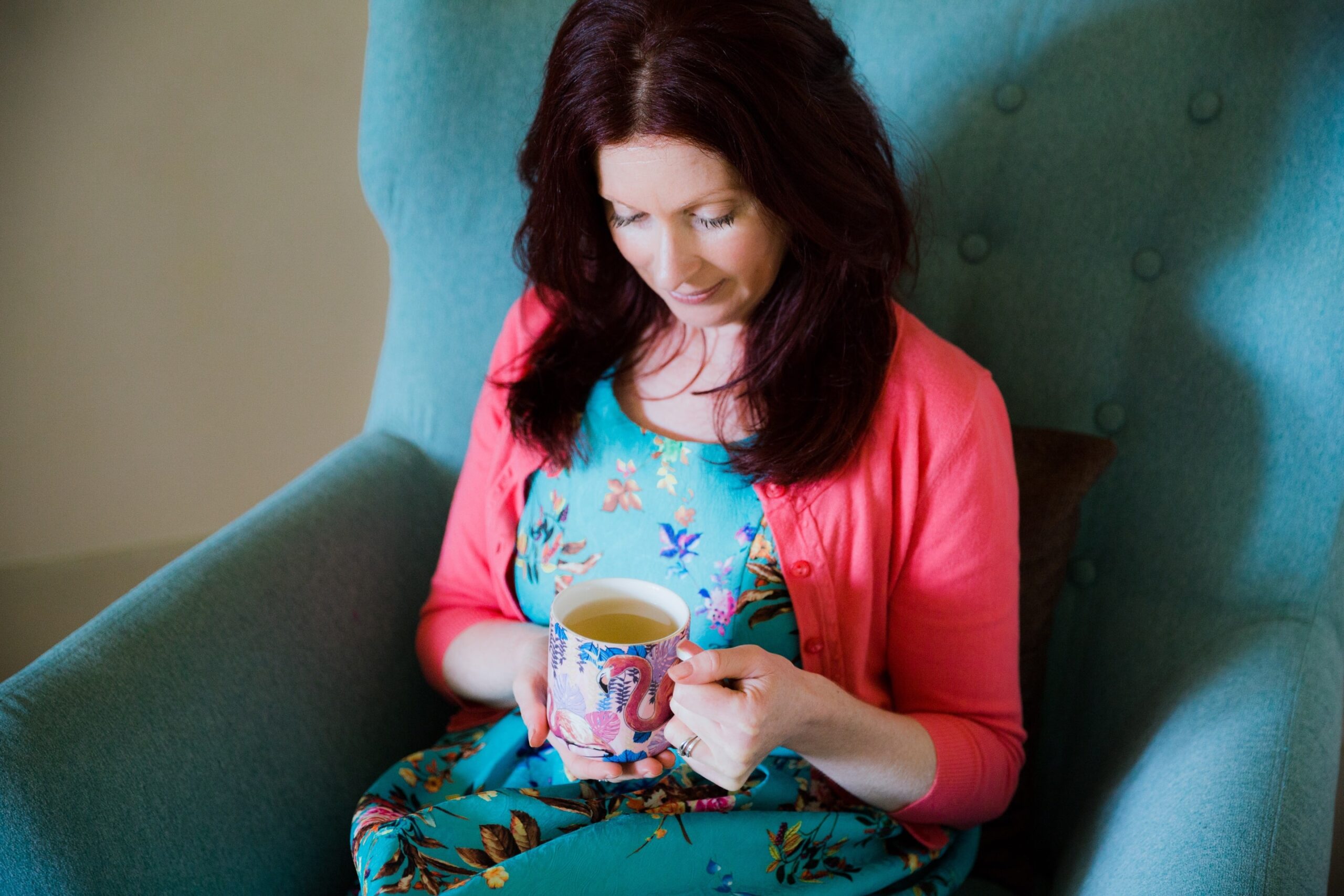
Grief.. here is how it affects your body..
There is no question that we've all been navigating lots of things throughout this year.
It began with the devastating bush fires at the very start of the year and has pretty much continued all year..
It's not surprising that so many people are currently feeling tired, stretched, weighed down or even exhausted.
With all that the pandemic has meant for us and how we live we have been required to adapt and to live with a certain level of uncertainty and for some, ongoing high levels of fear and anxiety.
This absolutely takes it's toll on our nervous systems, our body as a whole and our psyche.
The other element that we have likely all been navigating both personally and collectively in varying degree is grief.
There have been job losses, relationship breakdowns, loss of loved ones, loss of social connections, loss of a sense of safety and security, loss of life as we knew it.
Grief is a tricky thing and as a society we don't do a great job of honoring of or even understanding it.
We tend to think of grief as something that we experience as a result of bereavement, but grief is also experienced when we experience other kids of losses or even transitions and this may be harder to recognise or give it the attention and processing that it needs.
There is no right way to respond to to the universal experience of loss or grief and how grief is experienced by each one of us may be quite different.
Grief is an experience of loss that may involve a range of emotions including fear, anger, despair, sorrow, apathy or a sense of numbness. Grief may occur immediately following a loss and may continue for months or even years. It may also be delayed and not experienced for some time after the loss occurred.
On a physical grief leads to an increase in cortisol levels (stress hormone) for weeks or months. It also provokes a increased production of a number of inflammatory chemicals in the body which influence the brain and entire hormonal axis. This leads often leads to a reduction in seritonin and melatonin, explaining why insomnia is such a common experience for people experiencing grief.
Digestive issues such as constipation, nausea or low appetite are common as are headaches, muscle pin, brain fog, heart palpitations, low energy, loss of libido and a general sense of a loss of pleasure/happiness or excitement about things.
Emotionally when you're going through grief, you may feel like you're on a roller coaster, quickly shifting from sadness to anger to fear or helplessness to ruminating and over thinking to feeling totally numb and disconnected.
The way to navigate grief is to recognise it and allow yourself to process what you're feeling. This may be seeking support professionally or from those close to you to be able to talk about your feelings, journaling or finding ways to process emotions through movement, breathwork or creative outlets.
Physically it can make a huge difference to give your body some support through herbs and nutrients which support the nervous system, adrenals and help to reduce the associated inflammation.
And be patient and kind towards yourself!
If you're finding the on going stress and emotions you're grappling with are weighing on you and affecting your energy levels, your health and wellbeing it's a great time to try breathwork!
Breathwork is a form of active meditation which supports the processing and release of stress and emotions from the body and supports vitality of body, mind and spirit. It can also help you to relax deeply and enjoy some naturally restorative bliss!
I have been holding small group breathwork sessions online (through zoom) on varying days each week including a mid-week session especially for stressed, tired Women and also some on weekends. You can see upcoming sessions and register here: https://blossomwellbeing.com.au/breathspace-sessions/

